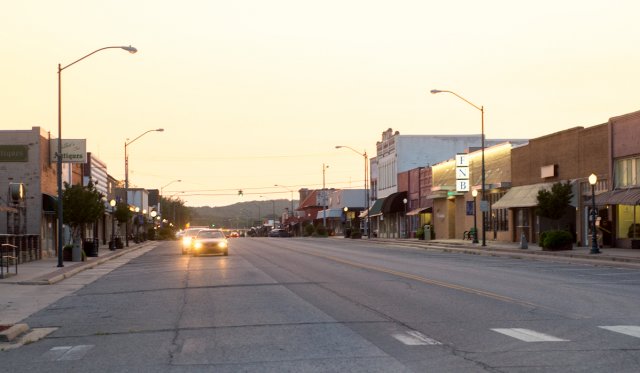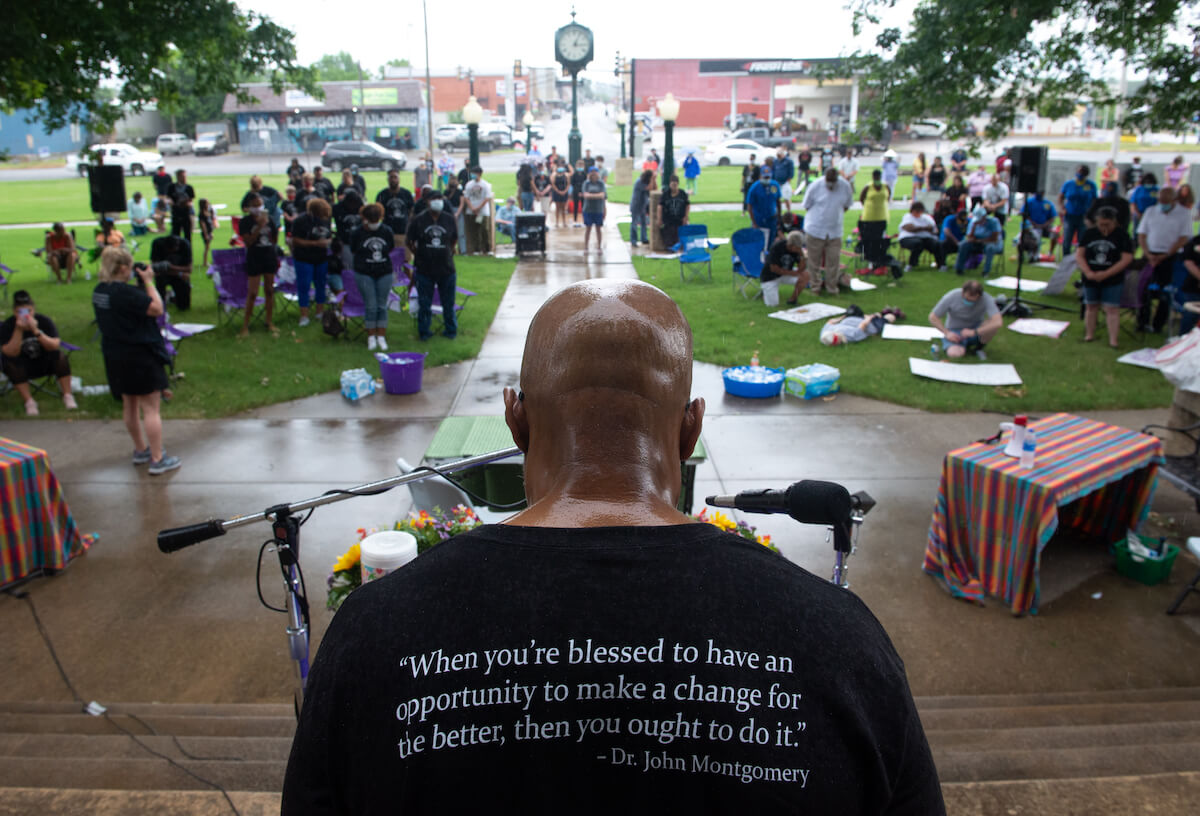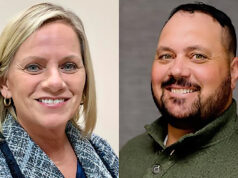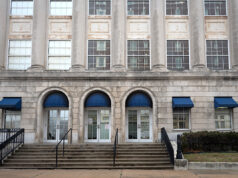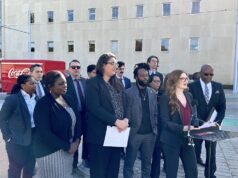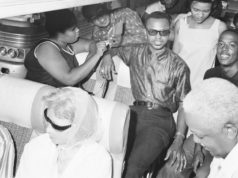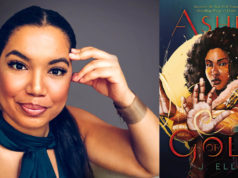(Editor’s note: The following piece discusses racism and includes language that may make some readers uncomfortable.)
When I was 10 years old, my family moved from a small, all-white town to Wilburton, in southeastern Oklahoma.
Until then, I had never met a Black person.
For a small Oklahoma town, Wilburton was home to a wide range of races and ethnicities. My first new friend was Asian. There were at least 10 Native Americans and four or five African Americans in my class. Several other classmates had last names imported from various parts of the globe, such as Italy, Lithuania and elsewhere in Eastern Europe — the descendants of turn-of-the-century immigrants who had come to work the coal mines in the area.
The local junior college, where my dad taught and which employed many of my friends’ parents, brought a level of diversity most small towns in Oklahoma did not have in the 1960s and 70s. Or even today. African American college students came to study. Some were basketball players cheered on by mostly white local fans, who packed the gym.
For a long time, I believed our town was special, that it was accepting and welcoming of minorities.
At our high school, the two most popular girls in my graduating class of 1976 were delightful kids, each with an infectious smile and a care for others that was unmatched. And they were Black — a fact that did not seem to be of any consequence at the time to me or anyone I knew.
I don’t remember any racial divide in our high school. We were all Wilburton Diggers.
Much of the national unrest over civil rights in the 1960s did not make it to Wilburton, though we all knew about it. And by the early 1970s, there was a thought that racial equality had arrived in those places where it had been lacking.
But sometimes what we think does not match reality.
The tip of the iceberg
Looking back, there were of course signs that my Black peers might not have found life in Wilburton as accepting as it seemed to me. There was an incident in 1970, when after a football game at Poteau, our team bus was egged by a group of white kids who met us outside the locker room yelling racial slurs and saying our Black players had tainted the football field, as if their skin color had rubbed off and tarnished the Bermuda grass.
Our coach chased them off to avoid a fight. I and others shrugged the whole thing off as a small pocket of ignorant Neanderthals who lived in that town. It was just a few dumb kids, we said. (Kind of like the few bad-apple cops we hear about today).
I do remember our quarterback, a Black 9th grader, staring straight ahead and not saying a word on the bus ride home.
When I told my dad what had happened, he told me that when he was a child Poteau had been an all-white town. A sundown town, he said. Until then, I did not even know sundown towns had existed. (In 1955, the Poteau school district became one of the first in eastern Oklahoma to desegregate its schools. But the town remained largely white).
RELATED
Poteau March for Justice displays ‘Caucasian awakening’ by Michael Duncan
Still, I did not realize that what we’d seen that night might be the tip of an iceberg I’d assumed had melted.
Fast forward to the 1990s. By then, I had graduated from college and law school in Norman. I was practicing law at an Oklahoma City litigation firm. The parties to one of my cases were in Wilburton, so we went there to depose witnesses.
In one of the depositions, we asked a witness, a woman about 15 years older than me (and thus born in the 1940s), for the home address of another possible witness. The answer she gave was:
“Oh, they live on “N-––-r Hill.”
The word was said so matter-of-factly. It did not come with a pejorative tone or evil inflection. But that benign tenor made it all the more chilling.
When he heard the answer, the lawyer representing the other side of the lawsuit, who knew I was from Wilburton, gave me a disgusted look that said, “And you are proud to be from here?”
It was not a good moment. I felt like my town, like a trusted friend or family member, had done something really bad.
More importantly, right then, I remembered I had heard that name for that area of town before. It was said by someone from my parents’ generation or older when I was in elementary school. I had not heard it for a long time, but, then again, I had not lived there since the 1970s.
Seeing the world through white-washed glasses
Until then, if you had asked me about my childhood in Wilburton, I would have told you that such racist thinking had died out long before. Or that it had been limited to remote places unenlightened by the diversity we had in our small town.
I wondered, had I been wrong all along?
Did my brain bury that racist label far back in its recesses so that I could paint an idyllic memory of my hometown?
Had I forgotten such things as the popular childhood rhyme — where some adults playing with a toddler’s toes sang, “Eeny meeny, miny moe,” but used the racial slur instead of “tiger” — so that I could be convinced that racism no longer existed?
Had I been seeing my own upbringing through white-washed glasses? Was I oblivious to things that happened?
We did not have a phrase like “white privilege” when the 1990s incident in the deposition took place. The idea of systemic racism or implicit racism or anything like that was more the subject of academic treatises than of nightly newscasts.
But what I learned then, and believe now, is that when it comes to racism in America, those of us who have the luxury of doing so often see things the way we want them to be rather than the way they are.
When we hear our leaders, or our friends, deny the existence of systemic racism, I have to believe they subconsciously know it is an evil cancer on our society.
They just don’t want it to be true. Admitting that it exists is an admission of failure — of a failed society of our own making. So they deny it is a reality.
But denial does not solve problems. It perpetuates them.
And racism is like a cancer. If you don’t address it, it will kill.








